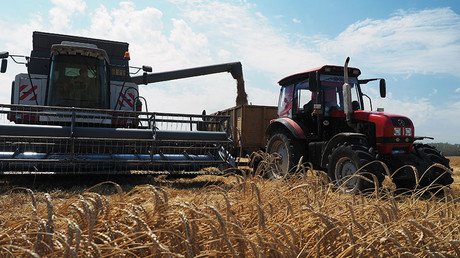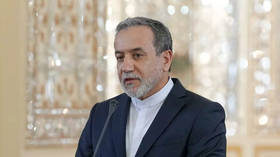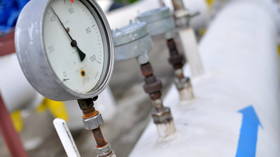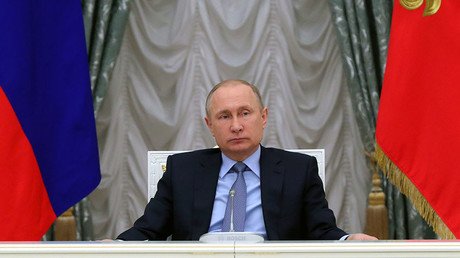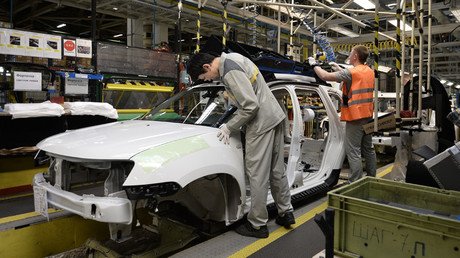Inflation in Russia lower than America's for first time in history
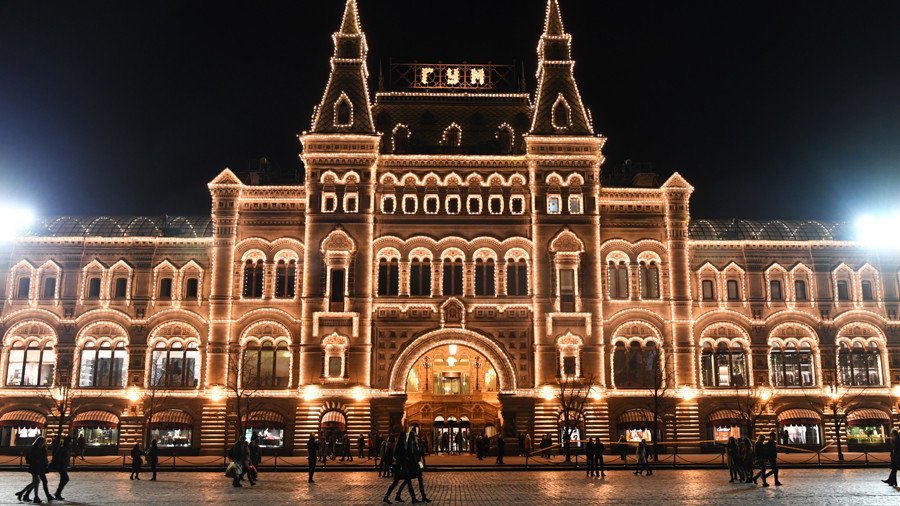
Low inflation is not always good for the economy. However, for Russia, whose economy has been dominated by skyrocketing inflation after the collapse of the Soviet Union, it's a good sign.
Inflation in Russia now stands at 2.18 percent, and for the first time ever it is lower than US inflation, which is currently 2.2 percent. This is another record low for Russia. In 2017, consumer prices rose by only 2.5 percent. In 2016, there was 5.4 percent growth. Thus, inflation has more than halved in a matter of a couple of years.
Such low inflation is unprecedented for Russia. For almost a quarter of a century the economy has lived through much higher rates of consumer prices growth. In the 1990s there was hyperinflation typical for the poorest countries: 2,509 percent in 1992, 840 percent in 1993, and 215 percent in 1994.
The situation improved only in 2000, when prices rose by 20 percent. The last time inflation in Russia was double-digit was in 2015 – 12.91 percent. And this year, inflation is approaching just 2 percent, half of the Central Bank of Russia’s target of 4 percent per annum.
Analysts say this is good for the real economy and consumers.
“Low inflation benefits producers: at stable prices, they do not have to reconsider costs, and the cost of production does not change,” said Anna Kokoreva, deputy director of the analytical department of Alpari, as quoted by RIA Novosti.
Low inflation also leads to the cut of the key rate by the central bank, which leads to cheaper mortgage and loans both for business and consumers. Mortgages have been stagnant in Russia because of the economic crisis, but better offers from banks are gradually reviving the ailing sector.
Retail has also won from low inflation. In 2017, it grew 1.2 percent after drops of 5 and 10 percent in the previous two years respectively.
However, when inflation is low, the economy also faces the risk of deflation. Deflation is when the purchasing power of money is growing, and the prices of goods and services are gradually declining. The key risk of deflation is a slowdown in economic growth with subsequent stagnation.
“It's extremely difficult to get out of the trap. Japan has not been able to overcome deflation, which has significantly impeded its economy for a quarter of a century. Europe is facing the same problem,” Finam analyst Aleksey Korenev told RIA Novosti.
For more stories on economy & finance visit RT's business section
